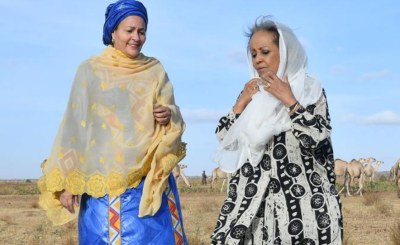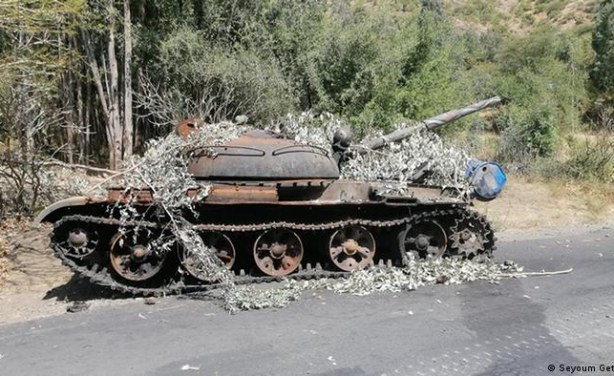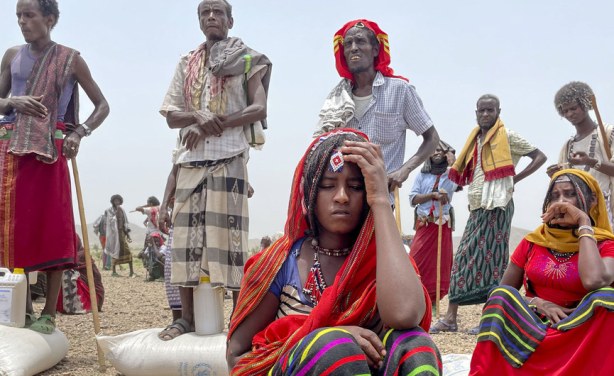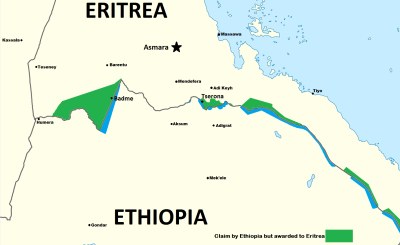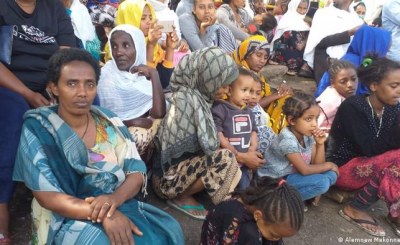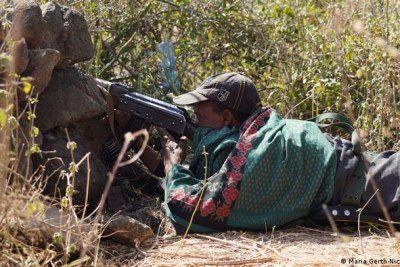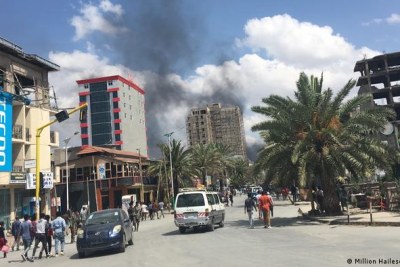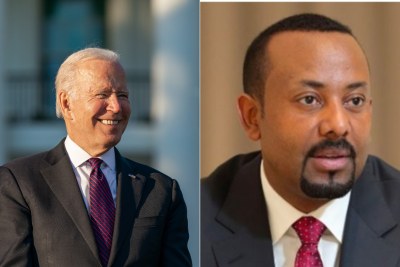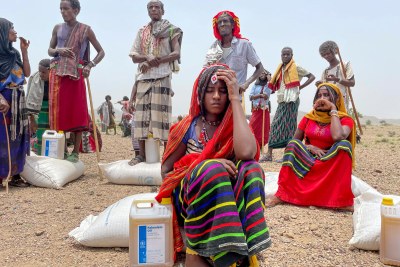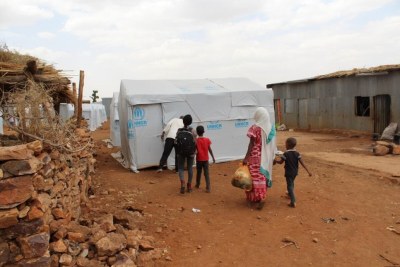-
Ethiopia: Ethiopia in 'Much Better Place' to Resolve Tigray Conflict - UN Deputy Chief
UN News, 9 February 2022
On the last day of a five-day trip to Ethiopia, the Deputy Secretary-General said the East African nation is in "a much better place" to resolve the conflict that erupted 15 months… Read more »
Ethiopia in 'Much Better Place' For Talks But Millions Starving
Speaking on the last day of a five-day trip to Ethiopia, Deputy Secretary-General of the United Nations, Amina Mohammed, has said that the country is in "a much better place" to resolve the conflict that erupted 15 months ago in Tigray.
During her visit, the deputy chief met people living in the regions of Tigray, Amhara, Somali, and Afar, where she witnessed the tragedies of the conflict first-hand, but also learned of the efforts made by the government and people in Ethiopia, to end the fighting.
She called for the immediate end to sexual and gender-based violence, among other atrocities, and cited the need for comprehensive physical and mental health support.
Her visit came on the heels of the UN Secretary General António Guterres' latest call for cessation of hostilities to end Ethiopia's 15 months-old civil war. Shortly before his departure to attend the Winter Olympic Games Beijing 2022 on 01 February, the UN Chief has issued yet another appeal to end hostilities. In his appeal, the Secretary-General invoked the tradition of the Olympic Truce", which he said "has called on all parties, everywhere, to stop hostilities throughout the course of Games".
Meron Gebreananaye, Saba Mah'derom, Kiros Teklay and Wintana Tsegai for African Arguments report that millions of people have been left with nothing to eat and no medicine for even easily treatable conditions. Over a million people are under active famine conditions and hundreds, if not thousands, have already died. By setting conflict resolution as a precondition for humanitarian access, the government has also created a highly politicised and polarised environment in which anyone who speaks out about the blockade is labelled an enemy of the state.
This has had grave consequences for aid workers who have faced endless red tape, expulsion, harassment, detention, and even death. More than 20 aid workers have been killed since the conflict started.
InFocus
-
The United Nations' Secretary-General has made the "strongest possible appeal" for all parties in Ethiopia to immediately end the fighting in Tigray and other areas, in the s Read more »
-
Drone attacks continue in the Tigray region despite Prime Minister Abiy Ahmed and the federal government laying the groundwork for what they call a national dialogue. Read more »
-
President Joseph Biden spoke with Prime Minister Abiy Ahmed of Ethiopia on Monday January 10, 2022 "to discuss the ongoing conflict in Ethiopia and opportunities to advance peace ... Read more »
-
Western powers have recently stepped up pressure on Ethiopia to de-escalate violence as reports of horrific Read more »
-
Ethiopian authorities have arbitrarily detained, mistreated, and forcibly removed thousands of ethnic Tigrayans who were recently deported from Saudi Arabia, Huma Read more »
